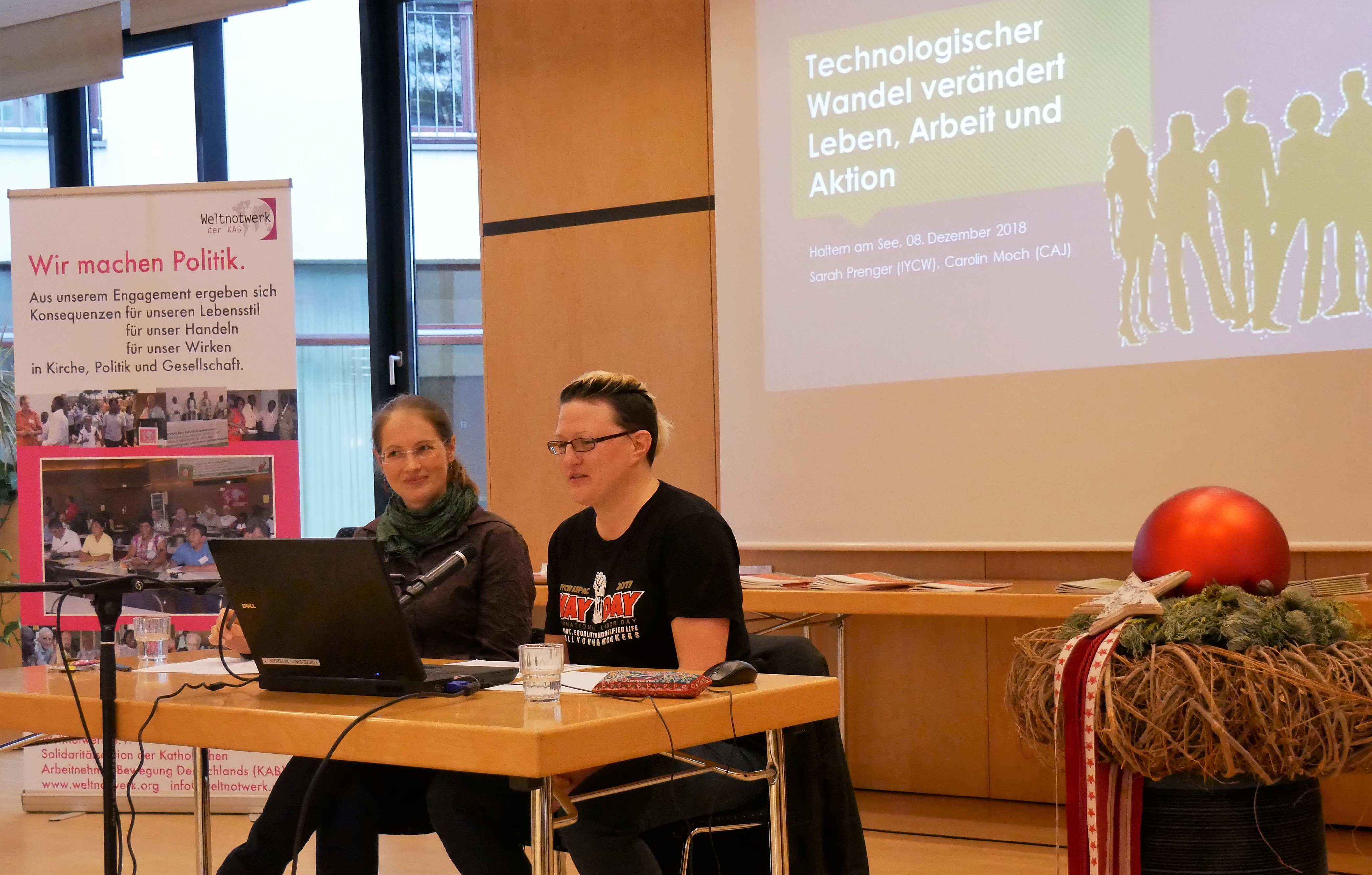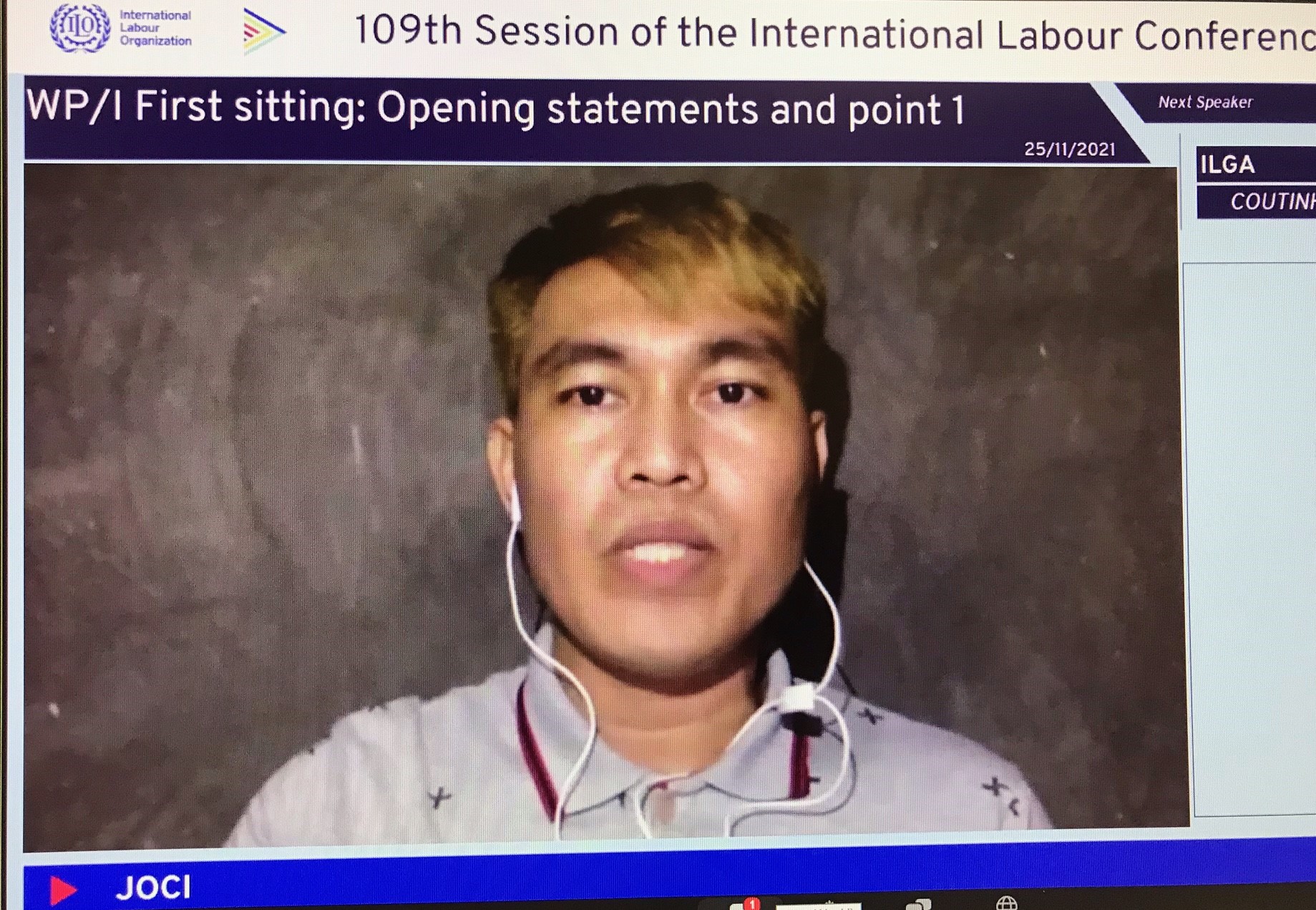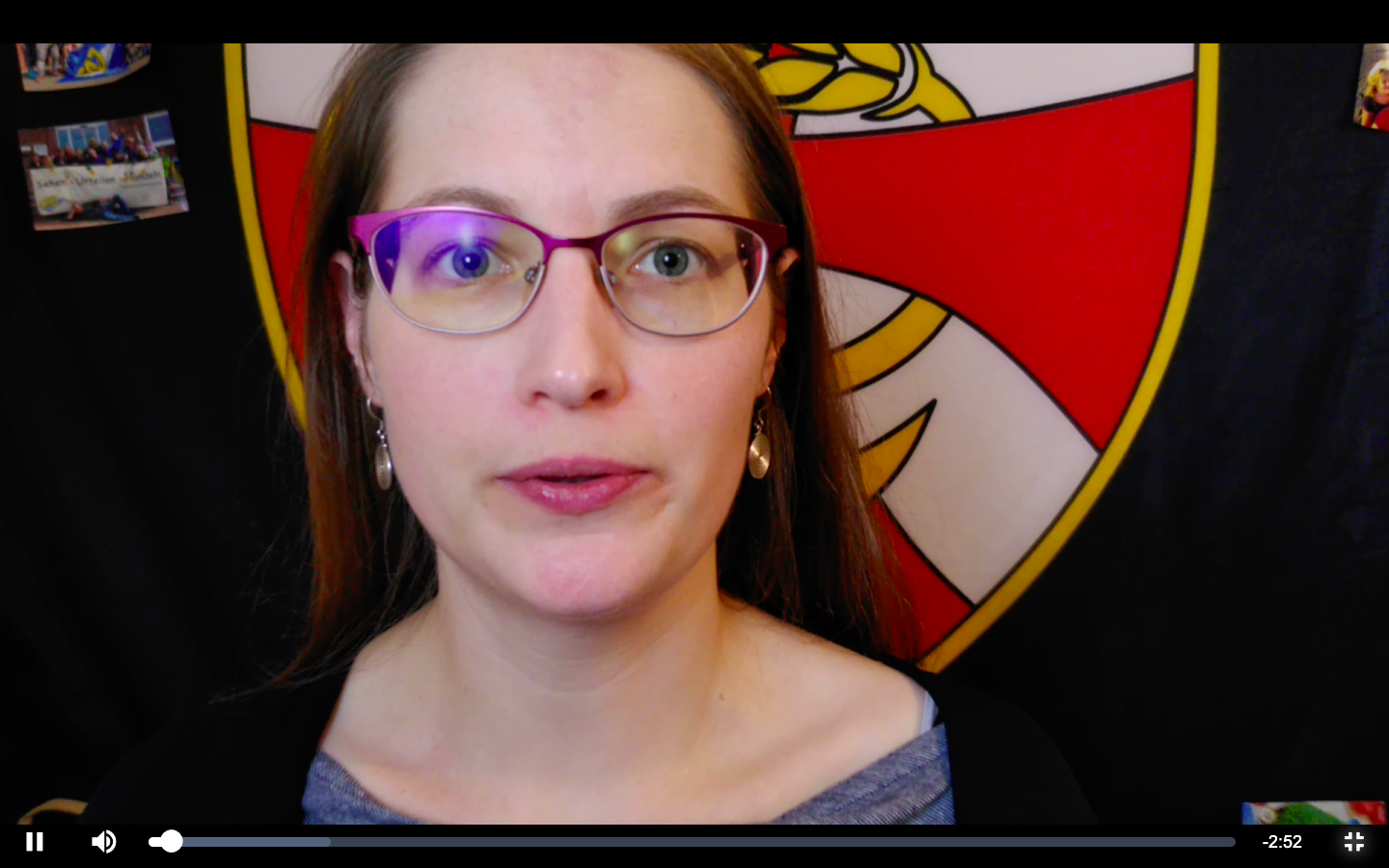
Actively shaping digitization - worldwide!
In cooperation with KAB (National Movement of WMCW-MMTC), the World Emergency Office and KönzgenHaus, a two-day symposium entitled "Global digitization: risks and opportunities of work in the future" was held in Cologne/Haltern, last December 2018. Can global digitization - in the world of work and in daily life - really put an end to extreme poverty, inequality and injustice and also initiate an ecological trend reversal?
Digitalisation eats up resources - an ecological time bomb
"Digitalisation does not reduce our ecological footprint; on the contrary, the introduction of autonomous driving alone would increase the energy demand extraordinarily due to the extreme growth of data streams," emphasised Sven Hilbig, world trade officer at the development agency Brot für die Welt. “The battery of an electric car contains 10,000 times as much lithium as a cell phone battery. The resulting increase in demand for raw materials from Africa and South America is a serious problem for social and ecological sustainability in the global South. Digital trade, as here with raw materials, also threatens to restrict the scope for developing and emerging countries; above all the digital supply chains increase the added value of globally operating corporations and platforms.”




 English
English  Español
Español  Français
Français